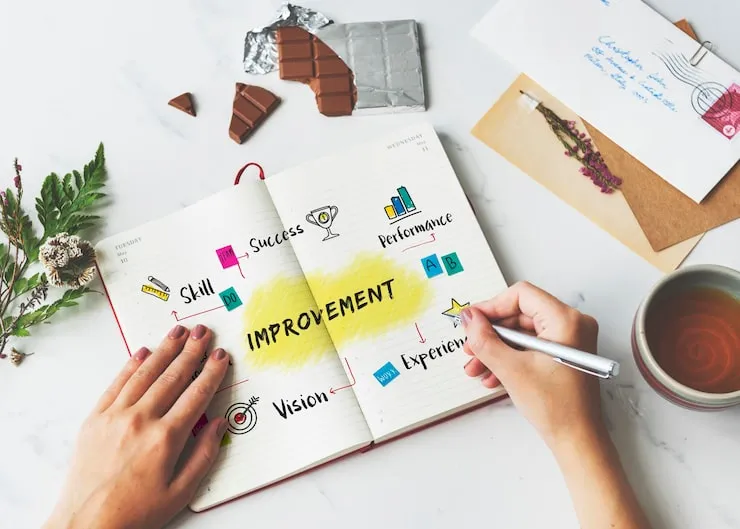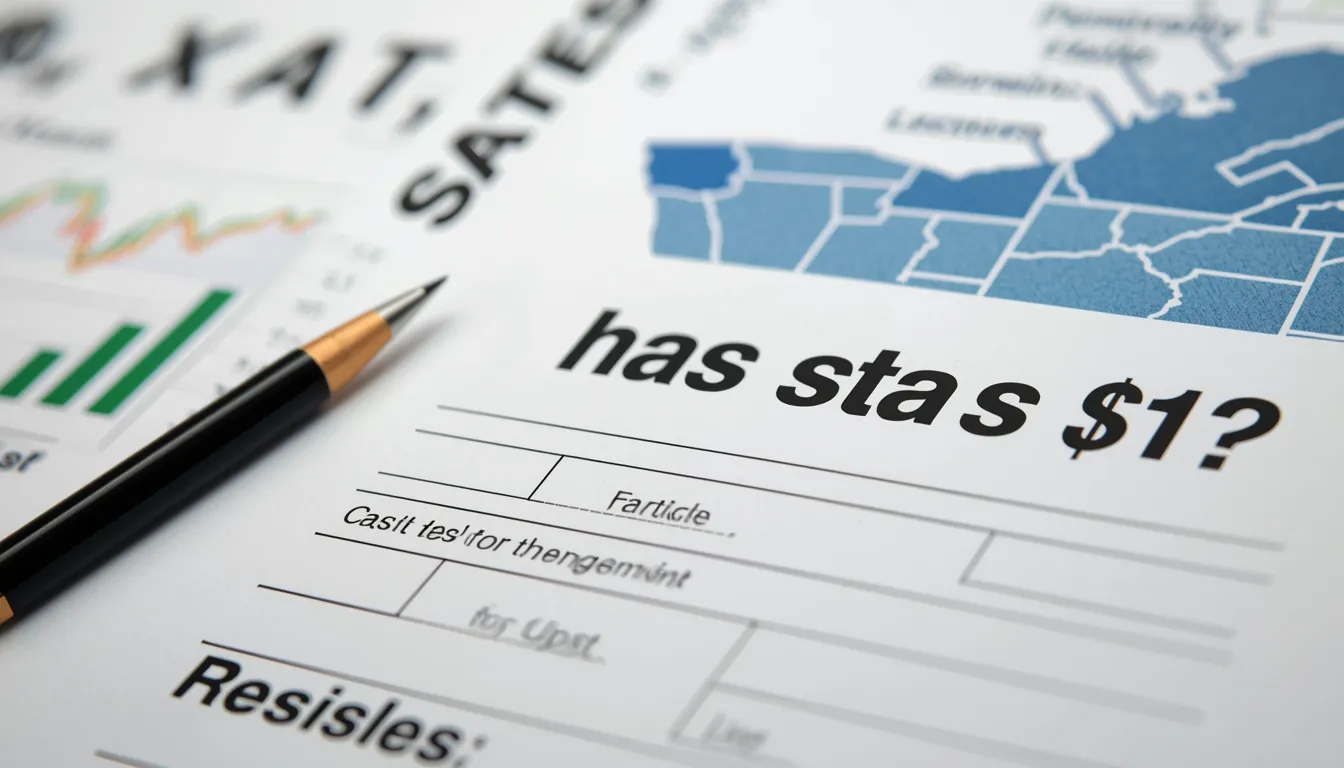
I have a confession to make. The first time a teacher informed me I needed to write a research paper, I nearly froze. It sounded quite... formal. So inconvenient. I envisioned a dusty bookstore with a monstrous, uninteresting book of hundreds of pages.
But at that time, I figured it out. A paper inquiry is a good title for a "forensic analyst story" in which you are the detective..
You start with a question, a conundrum. it's "Why does popcorn pop?" or else "Did video games offer help us get through the becoming more prevalent?" At that time, you embark on a search for clues (the subject of your inquiry). You visit witnesses ("primary sources"), look at evidence discovered by other criminologists ("auxiliary sources"), and put it collectively to solve your enigma. Your final report is the legal record, which clarifies what you uncovered.
It is not about becoming a virtuoso. It's about being curious. And if you've ever wondered why your pet does unusual things at 3 a.m., you're halfway there. So, let's get our magnifying glasses and break this up together. There is no push, no favor words. Fair to you, myself, and the enjoyment of discovering things.
What is a Research Paper, Really?
Let's disregard the frightening title for a moment. Think of your favorite LEGO set.
You do not begin with a idealize spaceship. You begin with a enormous heap of bricks and an thought. The instruction booklet? That's like the research other individuals have as of now done. You can utilize it for offer assistance. But a inquire about paper is when you choose to construct your possess creation. You might take a few bricks from diverse sets, but you're taking after your claim arrange to make something new.
In basic terms, a research paper is a piece of composing where you:
- Ask a particular question.
- Go discover data from great sources to reply it.
- Put that data together in your claim words.
- Explain what you think it all implies and why it matters.
It's not fair replicating realities from Wikipedia. It's building your claim contention, your possess LEGO spaceship, utilizing truths as the bricks. You're including your claim brain to the mix.
And why do we bother? It educates you how to think. It appears you how to tell the contrast between a great clue and a awful one (like a fake news story). It’s a superpower for your brain.
How to Choose the Best Research Paper Topics?
This is the portion where most individuals get stuck. They gaze at a clear page, their intellect fair as clear. I've been there. The trap is to halt attempting to discover the "idealize" point and begin looking for a "inquisitive" one.
Here’s a step-by-step direct I wish I’d had.
Step 1: Begin with What You Love
What do you as of now appreciate? If you adore sports, do not compose almost the history of the printing press. Type in around the material science of a idealize curveball or the brain research of a team's comeback. If you cherish heating, research the chemistry of why cakes rise. Your intrigued is the fuel for this entirety extend. You'll be stunned how much less demanding it is to type in 2,000 words almost something you really care approximately.
Step 2: Ask a "How," "Why," or "What If" Question
Broad topics are boring. Specific questions are exciting.
Boring Topic: Climate Change.
Good Question: "How do city gardens in my neighborhood help fight the 'heat island' effect?"
Boring Topic: Social Media.
Good Question: "Why do 'Instagram vs. Reality' posts make people feel better about their bodies?"
See the difference? The question gives you a clear direction. It turns a giant, overwhelming subject into a manageable mystery.
Step 3: Check the "Clue Supply"
A criminologist can't fathom a case without clues. You can't type in a paper without sources. Do a fast 10-minute look online or in your library's database. Are there books, articles, or dependable websites on your address? If you discover as well much, you might require to contract it down. If you discover nothing, you might require to broaden it a bit. You're fair making beyond any doubt the path of clues really exists.
Step 4: Make Beyond any doubt It Fits the Case
Finally, double-check with your educator. Make beyond any doubt your brilliant subject around the history of comedian books fits the task. It’s a basic step that can spare you a part of inconvenience later.
It’s affirm if your subject changes a small as you research. That’s portion of the handle! The objective is to begin with something that makes you incline in and say, "Huh, I wonder..."
Examples of research Paper Topics
Alright, let's get down to earth. Here are a few research paper points and questions to start your claim thoughts. I've broken them down by subject. Keep in mind, these are fair beginning points!
Science & Health
These subjects are all almost inquiring how the common world works. The Great Kind of Germs: Is the "5-second run the show" for dropped nourishment a genuine thing, or fair a myth? (You seem plan a straightforward test for this!)
The Sound of Stretch: Does tuning in to diverse sorts of music (classical, shake, quiet) influence how rapidly you can total a confuse or memorize facts?
Plant Companions: Does talking to a plant, or playing music for it, truly offer assistance it develop faster?
The Pop and Teeth Test: Which drink does the most harm to a seashell or an eggshell (acting as a substitute for teeth): pop, juice, or coffee?
Social Science & History
These are almost understanding individuals and social orders, past and present.
A Hero's Blemishes: Ought to we still respect chronicled figures like Christopher Columbus or Winston Churchill, knowing around the terrible things they moreover did?
The Lunchroom Outline: How does where individuals sit in the school cafeteria reflect social bunches? (This is a awesome mini-sociology study).
The Cost of Quick Mold: How do cheap clothing companies like Shein influence the environment and the individuals who make the clothes?
Game On or Diversion Over?: Did playing video diversions amid the COVID-19 lockdowns offer assistance or hurt teenagers' mental health?
Technology & Ethics
These subjects see at the contraptions and frameworks we utilize and the ethical questions they raise.
The Channel Bubble: How do social media calculations control what we see and what we think?
Is AI a Reasonable Judge?: Can we believe Manufactured Insights to be impartial when it's utilized for things like reviewing papers or screening work applications?
The Right to Repair: Why is it so difficult to settle your claim phone or tractor? Ought to companies be constrained to let us repair our claim stuff?
The Carbon Impression of a Tap: How much vitality does the web utilize, and what can be done to make it greener?
Literature & The Arts
These let you burrow into the stories and craftsmanship we create.
The Present day Legend: How do characters like Harry Potter or Katniss Everdeen compare to classic heroes like Odysseus?
The Villain's Story: Why are we so interested by complex reprobates, like Disney's Maleficent or Marvel's Loki?
The Soundtrack of Dissent: How has music been utilized as a instrument for social alter, from Sway Dylan to Kendrick Lamar?
From Book to Blockbuster: What gets lost—or gained—when a well known book is turned into a motion picture?
Research Paper Procedure Phases
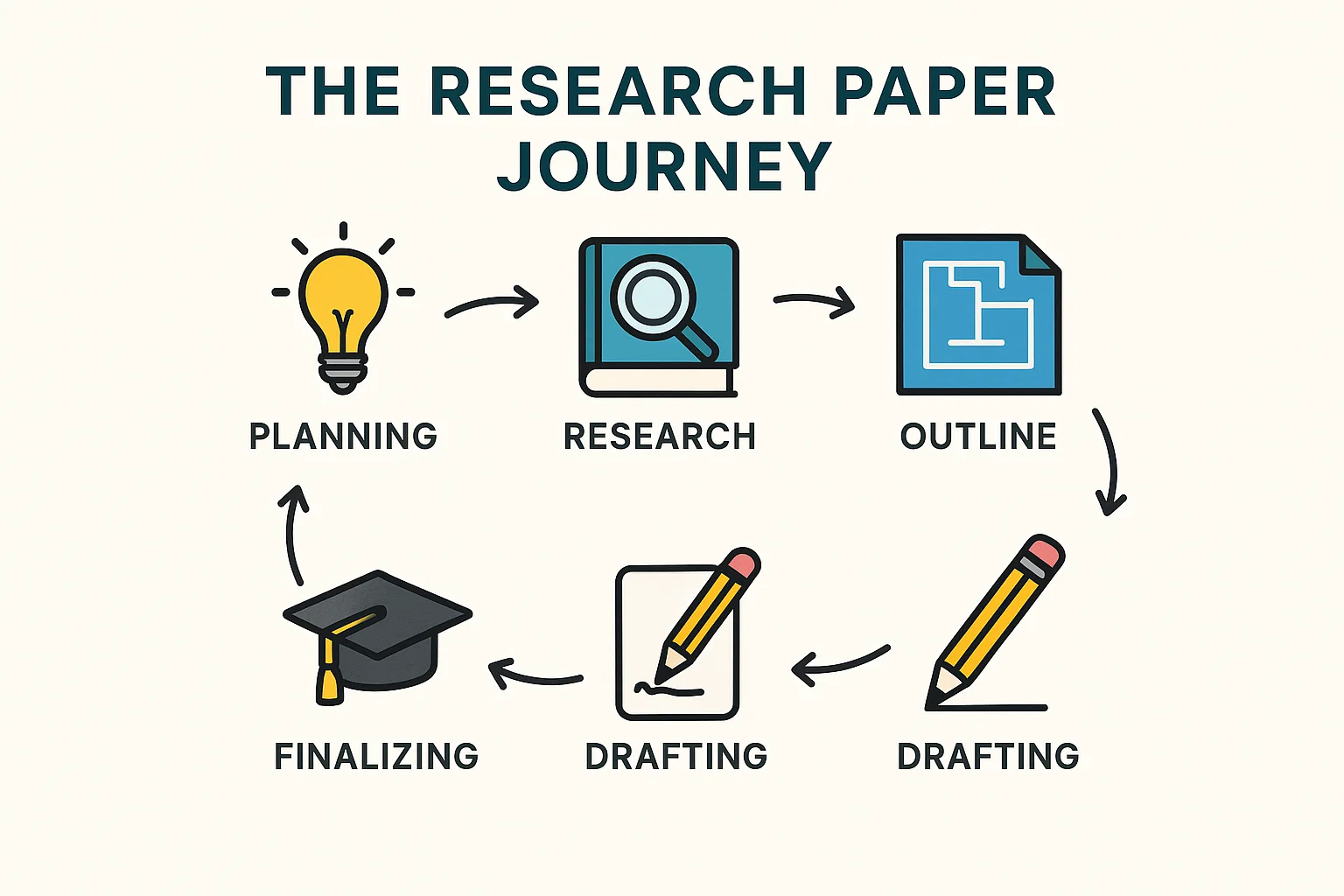
So you've got your topic. Now what? Don't just start writing! That's like trying to build that LEGO spaceship without looking at the pieces first. The research paper procedure has a few clear phases. Breaking it down makes it feel much less scary. Here’s a simple table to show you the whole journey:
Read Also: Adult Learning Theory and Knowles Principles
Here’s a simple table to show you the whole journey:
| Phase | The "What" | The "Why" (The Reason It Matters) |
|---|---|---|
| 1. Planning & Questioning | Picking your topic and forming a research question. | You're drawing a map. Without it, you'll just get lost. |
| 2. The Deep Dive | Gathering and reading your sources. | This is where you collect all your detective clues. |
| 3. The Blueprint | Creating an outline and a thesis statement. | You're deciding how to arrange your LEGO bricks before gluing. |
| 4. Drafting | Writing a rough version of your paper. | You're building the first, messy version of your spaceship. |
| 5. Revising & Editing | Fixing the big ideas, then the small mistakes. | You're taking the spaceship apart to make it stronger and look better. |
| 6. Finalizing | Formatting and adding the final touches. | You're putting the decals on your spaceship and showing it off. |
Let's walk through each of these phases.
Phase 1: Planning & Questioning
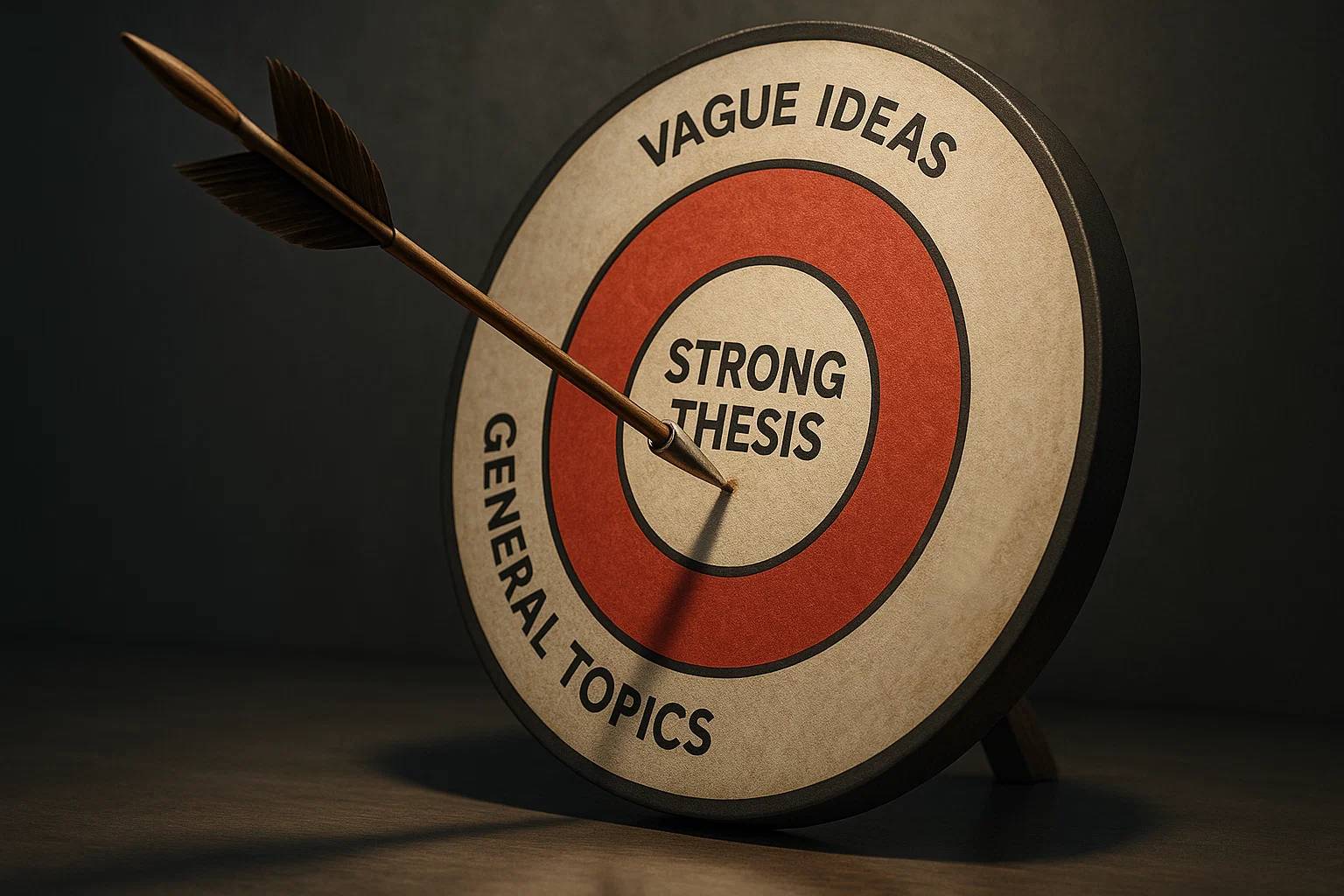
This is where we begun! You've got your subject and your primary address. The key yield here is a Proposal Articulation. This is fair one or two sentences that state your primary argument—what you're going to prove.
- Weak Proposition: "This paper is approximately video diversions." (Boring! So what?)
- Strong Proposal: "Whereas numerous fault video recreations for youth savagery, this paper will contend that agreeable online diversions really made a difference youngsters create significant social abilities and diminish sentiments of segregation amid the COVID-19 pandemic."
See how the solid proposition takes a side? It gives your paper a destination.
Step 2: The Profound Jump (Research!)
Time to discover your clues. But you have to be a savvy analyst. Not all clues are trustworthy.
Good Sources: Scholarly diaries, books from the library, .gov or .edu websites, trustworthy news organizations.
Questionable Sources: Individual blogs, Wikipedia (it's a awesome beginning point, but not a last source!), social media posts without evidence.
As you researche, take notes! I utilize notecards, but a advanced archive works as well. Type in down the truth AND the source it came from (creator, title, page number, URL). Believe me, you will thank yourself afterward. There's nothing more regrettable than finding a idealize cite and having no thought where it came from.
Step 3: The Outline (The Outline)
Your notes are a huge, chaotic heap of clues. The layout is where you organize them. This is the skeleton of your paper.
A straightforward diagram looks like this:
- Introduction
- Hook the peruser with a cool reality or story.
- Present your proposal statement.
- Body Section 1: Your to begin with fundamental point.
- Supporting truth or example.
- Another supporting fact.
- Body Passage 2: Your moment primary point.
- Supporting reality or example.
- Body Passage 3: A counter-argument (What would somebody who opposes this idea with you say?).
- Then, clarify why they're wrong.
Conclusion
- Restate your proposition in a unused way.
- Summarize your fundamental points.
- End with a solid, last thought.
This diagram is your best companion. It avoids writer's piece since you continuously know what to type in next.
Step 4: Drafting (Fair Write!)
Here is the greatest mystery to composing: Your to begin with draft is gathered to be bad.
Let me say that once more. Your to begin with draft is assumed to be muddled, unbalanced, and full of gaps. The objective here is not flawlessness. The objective is to get all your thoughts out of your head and onto the screen, taking after your layout. Do not halt to settle each typo. Do not gaze at a sentence for an hour. Fair compose. If you can't think of a word, compose [SOMETHING Way better] and keep going. You'll settle it later.
Step 5: Reexamining & Editing
This is where the enchantment happens. Most individuals skip this and get a terrible review. Do not be most people.
- Revising (The Huge Picture): Perused your entirety draft. Does it make sense? Is the contention clear? Do your sections stream in a coherent arrange? This is like checking if your LEGO spaceship's wings are on straight. You might move enormous chunks of content around.
- Editing (The Points of interest): Presently, go through line by line. Settle the spelling, language structure, and accentuation. Check that all your sentences are clear. This is like putting the last, small LEGO pieces in place.
Pro Tip: Examined your paper out uproarious. Your ears will capture clumsy sentences that your eyes will skip over.
Step 6: Finalizing
You're nearly there! Presently you fair require to make it see professional.
- Formatting: Take after the fashion your instructor inquired for (MLA, APA, Chicago). This implies double-spacing, the right textual style, and a title page if needed.
- Citations & List of sources: This is a list of all the sources you utilized. It's how you donate credit to the other criminologists. Utilize a instrument like EasyBib or the one built into Microsoft Word to offer assistance, but continuously double-check it.
- The Last Edit: Do one final cautious perused to capture any little botches. At that point, hit print or "yield."
How to Make Your Paper Stand Out
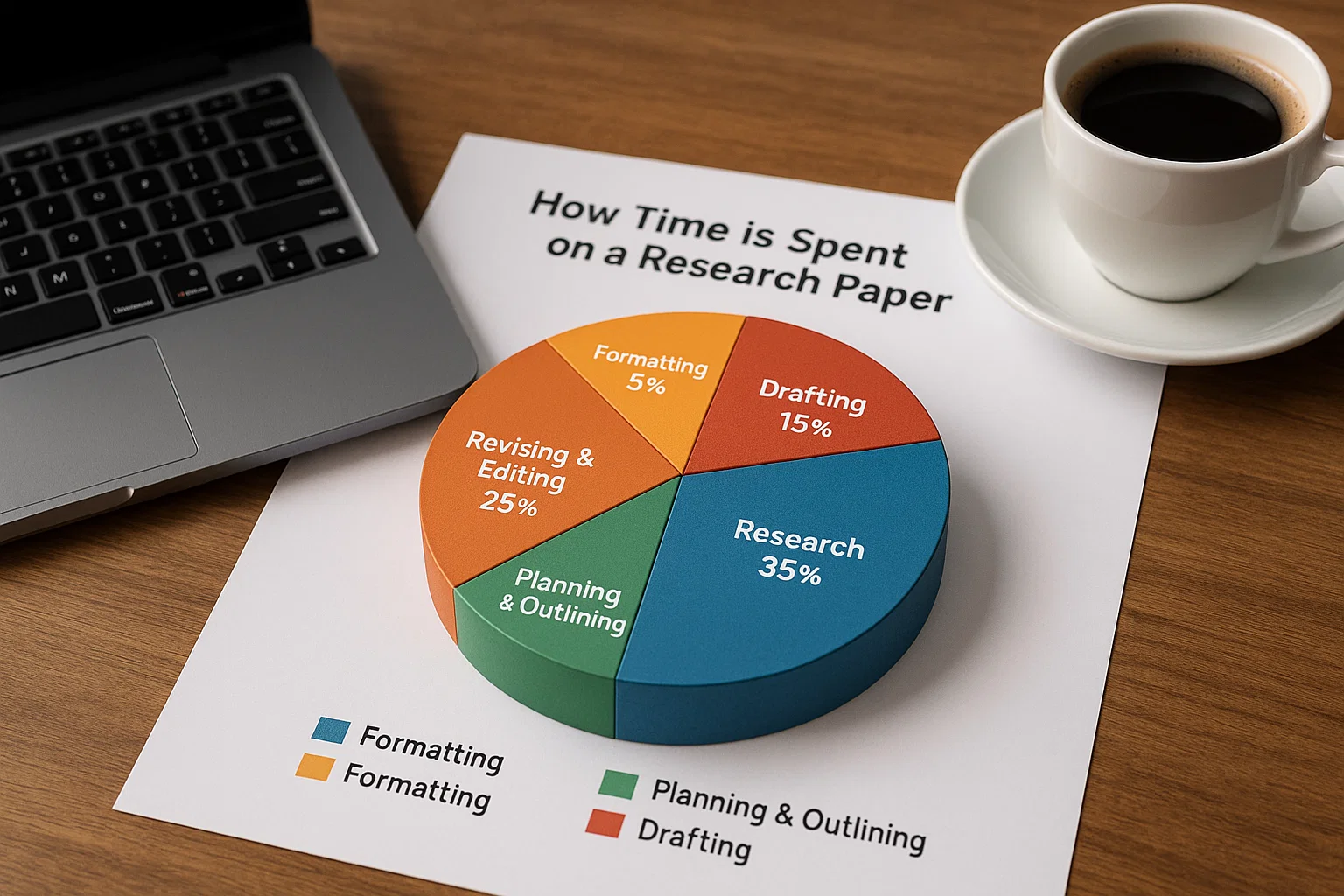
Anybody can type in a boring report. You need to type in a paper that your educator really appreciates perusing. Here's how.
Tell a Story: Begin your presentation with a brief, curiously story or a shocking measurement. Instep of "This paper is almost social media," attempt "In 2022, a 16-year-old from Texas begun a TikTok drift that raised $100,000 for neighborhood nourishment banks in a week. This appears the positive control of a stage regularly criticized for.
Use Your Claim Voice: You do not have to sound like a robot. It's affirm to type in, "The information proposes..." instep of "It is observationally apparent from the information that. Straightforward is nearly continuously better.
Address the "So What?": In your conclusion, do not fair rehash yourself. Reply the "So what?" address. Why does your researche matter? What ought to individuals do with this data? Interface it to the greater picture.
I once composed a paper on old Roman plumbing. Sounds dry, right? But I begun by talking approximately how we take clean water for allowed, and I finished by interfacing it to cutting edge cities that still utilize antiquated thoughts. My educator composed "Interesting!" on the best. That felt good.
Wrapping It Up
So, there you have it. The compelling researche paper, demystified.
It’s not almost being the most intelligent individual in the room. It’s around being inquisitive, organized, and willing to play analyst. You begin with a address you care around, you take after the clues, you construct your case, and you show your discoveries. That’s it.
You have all the instruments you require. The another time you get the task, take a profound breath. Choose a theme that makes you ponder. Take after the stages one at a time. And keep in mind, your to begin with draft is permitted to be a hot mess. Everyone's is.
Now go be a information analyst. I can't hold up to see what you find.
Frequently Asked Questions
What is a research paper and why do we write it?
Think of it as a structured detective story for school. You investigate a question by finding reliable information, then you write up your "case file" to show what you found and what you think it means. We write them to learn how to find truth, build strong arguments, and communicate complex ideas clearly. It's a brain workout!
How do I pick good research topics for a research paper?
Start with what you already love—sports, games, music, history. Then, ask a specific "how," "why," or "what if" question about it. Instead of "climate change," ask "How can building more parks in cities help cool them down?" A good topic is like a good mystery; it makes you eager to find the clues.
Can you give an example of a research paper?
Sure! Imagine a paper titled: "More Than Fun: How Cooperative Video Games Built Social Connection During Lockdown." The thesis would argue that these games were a vital social outlet. The body would use studies on teen mental health, statistics on game usage, and quotes from psychologists to prove that the benefits outweighed the negatives.
What are the phases of a research paper procedure?
The process has six main phases: 1) Planning (choosing your topic and thesis), 2) Research (gathering clues and notes), 3) Outlining (organizing your points), 4) Drafting (writing a messy first version), 5) Revising & Editing (fixing the big ideas and small errors), and 6) Finalizing (formatting and proofreading). Taking it step-by-step is the key to success.





